It is human nature that all too often we look forward to an event so much that when it actually happens it can be a terrible disappointment.
This was not the case earlier this month when we introduced the first cattle into our new cubicle house.
This is a moment that I have been looking forward to for many years and the sense of satisfaction and happiness of finally seeing it completed was incredible.
Yes, I understand that many bigger farms complete projects such as this on a regular basis and would look upon my reaction with bemusement. However, for us this shed represents the culmination of hard work and years of making do.
Most of all it represents how we want the farm to develop into the future – for us, it is not about getting bigger but better and more efficient.
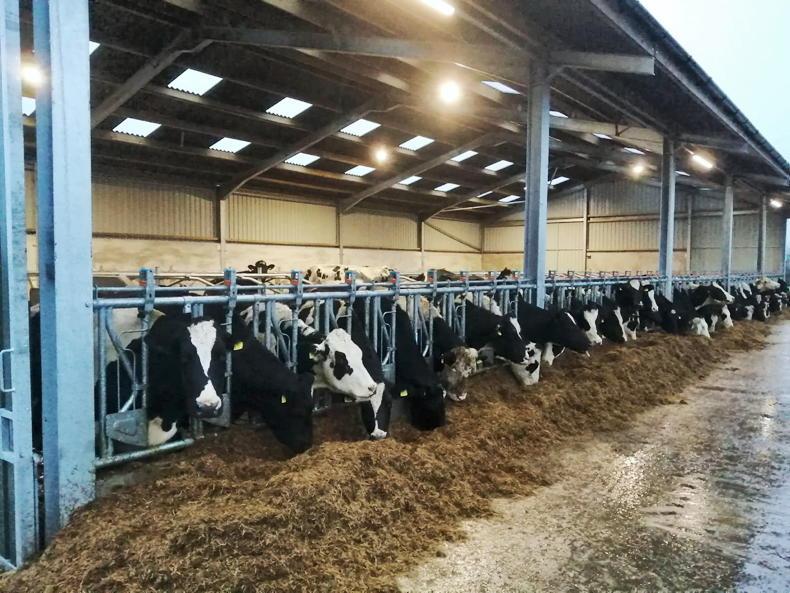
The new cattle accommodation on the McConaghy farm.
The shed is 100ft x 50ft with 9ft tanks, Surefoot slats, 67 cubicles and mattresses (in three rows with one facing the rear wall and two head-to-head) with an outward-facing locking head-yoke feed barrier. It will serve as accommodation for both dry cows and heifers.
Until this point we have housed dry cows at an outfarm and in rented cubicle housing.
While we were immensely grateful for that, it was by no means ideal as a lot of time was wasted travelling to both locations to feed and check stock.
That is not to mention the time taken to transport cattle, or deal with unexpected incidents such as a cow calving before her due date.
Now that all cattle will be accommodated in the same yard I will be able to make much more effective use of my time.
I also have greatly increased slurry storage capacity
In addition, dry cow nutrition can now be much more effective with feeding done using the diet feeder. I also have greatly increased slurry storage capacity, which will help us better utilise slurry and hopefully reduce requirements for artificial fertiliser.
But of course it wasn’t all plain sailing, and a shortage of building materials in 2021 at times created both delay and frustration. However, from beginning to dig out the tank in late April until cattle entered the shed on 27 November we had almost perfect conditions which allowed for easy digging and shuttering.
It also meant I was able to keep 50 head of livestock out until the mouth of December, something that would have been impossible in any other year. A big thanks to everyone involved in this project.
Litter
Our second major development is that our collie Millie gave birth to a litter of seven pups three weeks ago. It was an event that saw my father deprived of a night’s sleep. But considering that six months ago Millie almost had to have a leg amputated after catching it on tractor steps, it was a cause of much excitement.
I cannot imagine working without the talents of a dog such as Millie – from getting cows out of cubicles to separating bullocks, she can almost work without instruction. She has a passion to please and impress.
Millie has not made full use of her maternity leave, and was howling to return to work three days after giving birth
As you can imagine we were eager to put a succession plan in place to preserve these genetics and enhance them through a mate with both world and international sheepdog champions in his pedigree.
But despite being a devoted mother, Millie has not made full use of her maternity leave, and was howling to return to work three days after giving birth when she heard the hoof trimmer’s crush rattle into the yard.
Having seen how quickly the pups have progressed and gained weight I only wish that cattle could achieve similar liveweight gains.
I hope that you have a happy and safe Christmas and prosperous new year.
Read more
Farmer Writes: risk adverse approach to dairy breeding
Farmer Writes: the herd needs to get better not bigger
It is human nature that all too often we look forward to an event so much that when it actually happens it can be a terrible disappointment.
This was not the case earlier this month when we introduced the first cattle into our new cubicle house.
This is a moment that I have been looking forward to for many years and the sense of satisfaction and happiness of finally seeing it completed was incredible.
Yes, I understand that many bigger farms complete projects such as this on a regular basis and would look upon my reaction with bemusement. However, for us this shed represents the culmination of hard work and years of making do.
Most of all it represents how we want the farm to develop into the future – for us, it is not about getting bigger but better and more efficient.

The new cattle accommodation on the McConaghy farm.
The shed is 100ft x 50ft with 9ft tanks, Surefoot slats, 67 cubicles and mattresses (in three rows with one facing the rear wall and two head-to-head) with an outward-facing locking head-yoke feed barrier. It will serve as accommodation for both dry cows and heifers.
Until this point we have housed dry cows at an outfarm and in rented cubicle housing.
While we were immensely grateful for that, it was by no means ideal as a lot of time was wasted travelling to both locations to feed and check stock.
That is not to mention the time taken to transport cattle, or deal with unexpected incidents such as a cow calving before her due date.
Now that all cattle will be accommodated in the same yard I will be able to make much more effective use of my time.
I also have greatly increased slurry storage capacity
In addition, dry cow nutrition can now be much more effective with feeding done using the diet feeder. I also have greatly increased slurry storage capacity, which will help us better utilise slurry and hopefully reduce requirements for artificial fertiliser.
But of course it wasn’t all plain sailing, and a shortage of building materials in 2021 at times created both delay and frustration. However, from beginning to dig out the tank in late April until cattle entered the shed on 27 November we had almost perfect conditions which allowed for easy digging and shuttering.
It also meant I was able to keep 50 head of livestock out until the mouth of December, something that would have been impossible in any other year. A big thanks to everyone involved in this project.
Litter
Our second major development is that our collie Millie gave birth to a litter of seven pups three weeks ago. It was an event that saw my father deprived of a night’s sleep. But considering that six months ago Millie almost had to have a leg amputated after catching it on tractor steps, it was a cause of much excitement.
I cannot imagine working without the talents of a dog such as Millie – from getting cows out of cubicles to separating bullocks, she can almost work without instruction. She has a passion to please and impress.
Millie has not made full use of her maternity leave, and was howling to return to work three days after giving birth
As you can imagine we were eager to put a succession plan in place to preserve these genetics and enhance them through a mate with both world and international sheepdog champions in his pedigree.
But despite being a devoted mother, Millie has not made full use of her maternity leave, and was howling to return to work three days after giving birth when she heard the hoof trimmer’s crush rattle into the yard.
Having seen how quickly the pups have progressed and gained weight I only wish that cattle could achieve similar liveweight gains.
I hope that you have a happy and safe Christmas and prosperous new year.
Read more
Farmer Writes: risk adverse approach to dairy breeding
Farmer Writes: the herd needs to get better not bigger





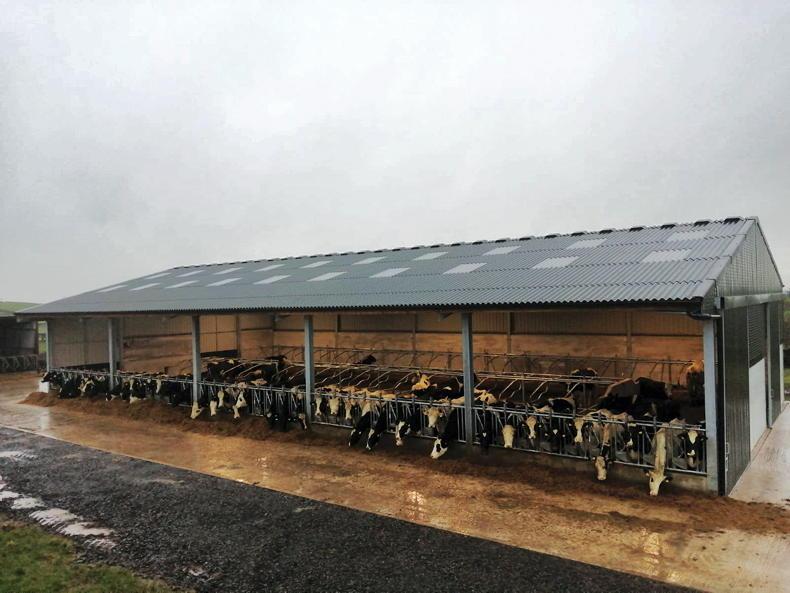
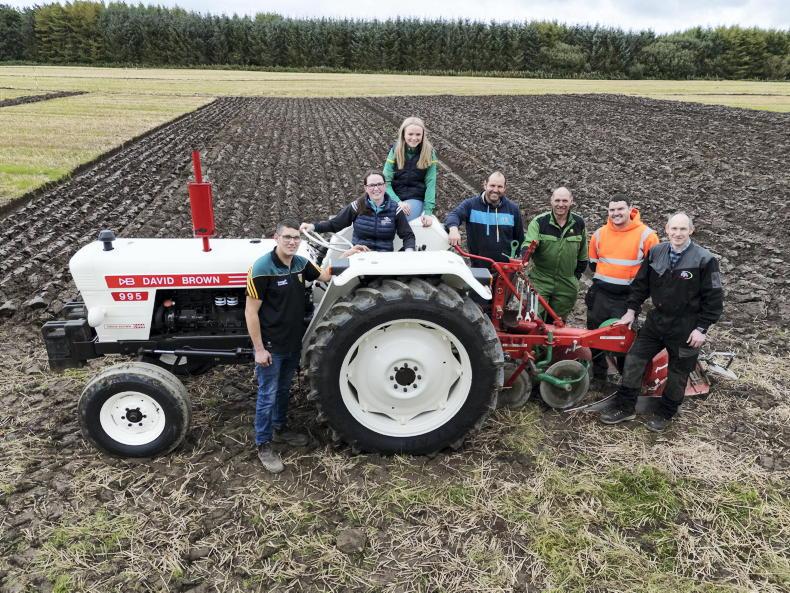

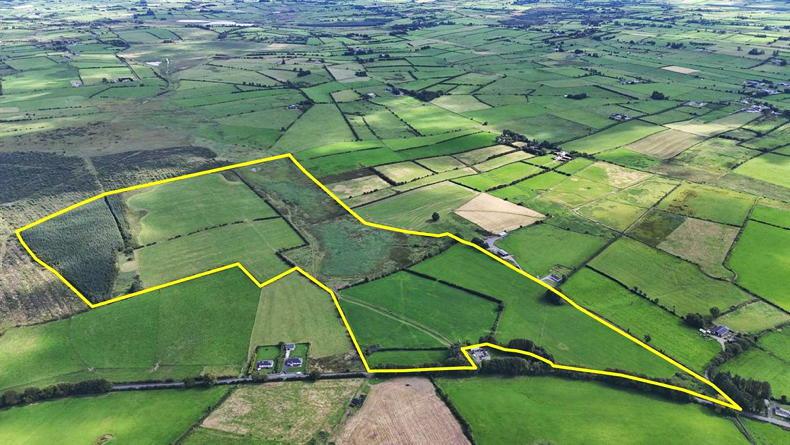
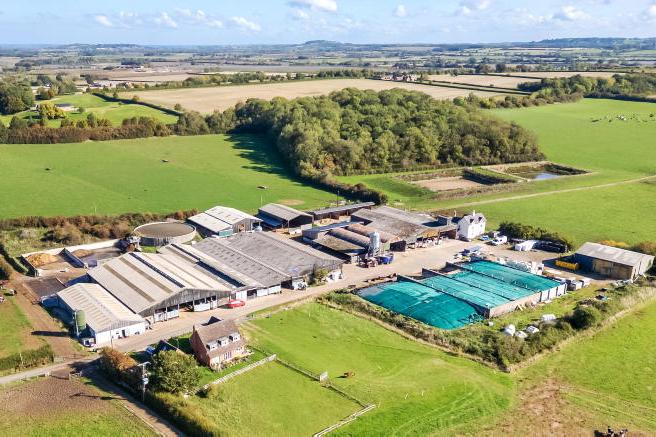
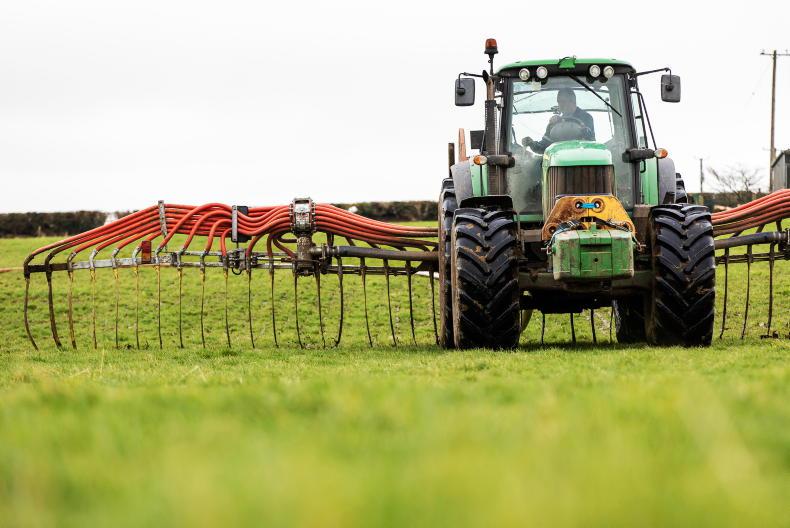
SHARING OPTIONS